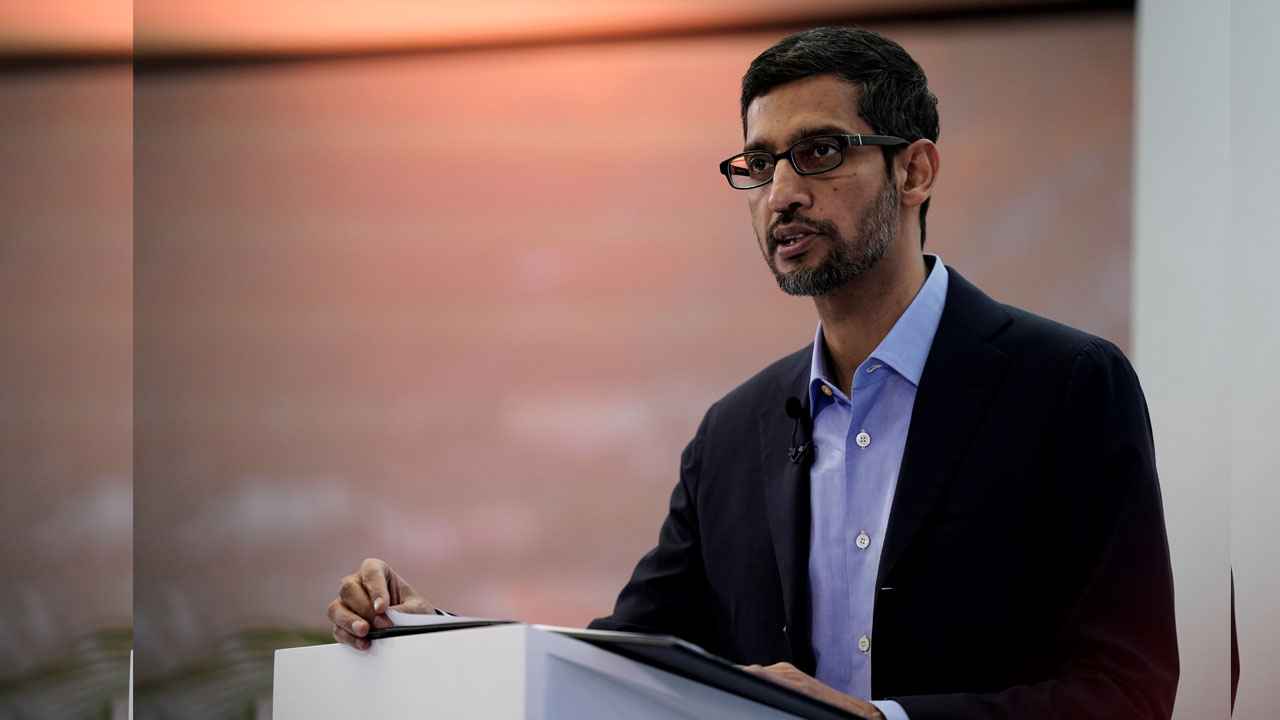As the EU puts the digital revolution at the heart of policymaking it should take a “proportional approach” to regulate artificial intelligence, Sundar Pichai, the CEO of Google said Monday.
Pichai, also the boss of Google’s parent company Alphabet, argued before an audience at a Brussels think tank, Bruegel, that companies like his own — an internet behemoth valued at $1 trillion — need to be given a say as governments formulate AI regulatory policy.
“All of us have to do this together,” he said. “I think going it alone won’t work for anyone.”
His pitch comes at an important time. Europe is intent on forging a digital strategy able to compete with the US and China, both of which are locked in trade and technology tussles that have ramifications for industries and consumers around the world.
AI is, along with 5G networks, seen as an area where developments and applications risk outpacing regulatory measures unless authorities act swiftly.
In a month’s time, the European Commission is due to present its proposals on how it wants to tackle AI regulation across the EU.
Pichai urged “a proportionate approach, balancing potential harms with social opportunities”.
“There is no question in my mind that artificial intelligence needs to be regulated,” he said while stressing that Google wants “to offer our expertise, experience, and tools as we grapple with the inevitable tensions and trade-offs”.
Later Monday, the Alphabet boss was to meet with two European Commission vice presidents with powerful roles in deciding AI policy: Frans Timmermans, spearheading the EU’s fight against climate change, and Margrethe Vestager, in charge of competition rules and forging “a Europe fit for the digital age”.
In parallel with the EU’s efforts, the US is also studying what regulations are needed to address AI, which is predicted to have disruptive effects on society, especially in terms of jobs, and in determining economic prosperity.
Pichai emphasised that Google had adopted an ethical approach to developing AI.
He said the company was not offering facial-recognition products for the time being because — as exemplified by China’s deployment of it as a public surveillance tool — it is one of the “higher-risk applications” that governments should look at as a priority.
AFP

